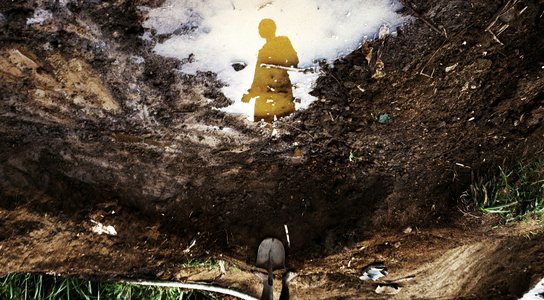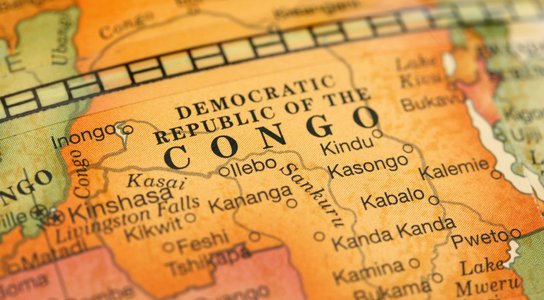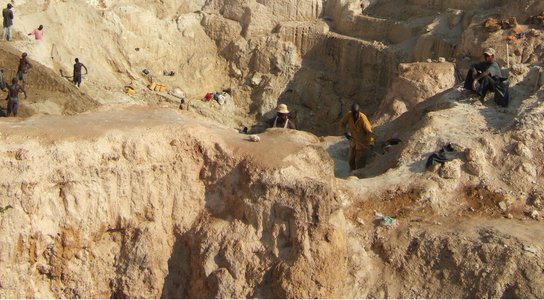Global Witness field investigations in March 2013 revealed how gold produced in eastern Congo (DRC) benefits abusive armed groups and high-ranking members of the Congolese and Burundian state armies, is laundered through Burundi’s domestic gold sector and exported to Dubai.
Neither local buyers nor international traders conduct adequate checks on the gold they purchase to ensure that it has not funded conflict or human rights abuses.
There are signs of improvements in eastern Congo’s tin and tantalum sectors as local monitoring efforts intensify, although progress remains localised. South Kivu province’s Conflict-Free Tin Initiative (CFTI), a closed-pipe system whereby all companies in the supply chain are identified and directly involved in the programme, is a test case for responsible mineral sourcing from conflict affected areas.
As the Congolese government and international partners seek further opportunities for conflict-free sourcing across North and South Kivu, the CFTI model could yield important lessons.
This briefing outlines the main findings of Global Witness’ research in eastern Congo’s North and South Kivu provinces, Burundi and Rwanda in March and April 2013.
As a result of our report, the Congolese government committed to improve awareness amongst the military of their obligation to support conflict-free sourcing efforts. Also foreign companies and industry groups explicitly stated that their continued involvement in Congo’s minerals trade is contingent upon demilitarisation of the mining sector – the first time industry groups had made such a statement.


